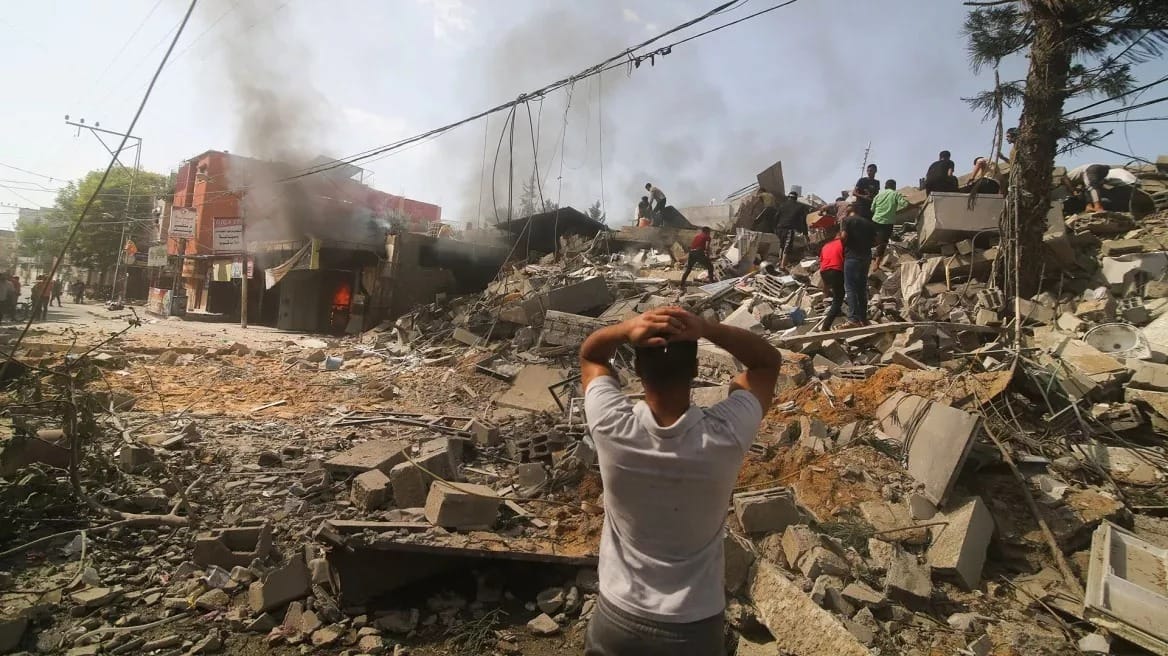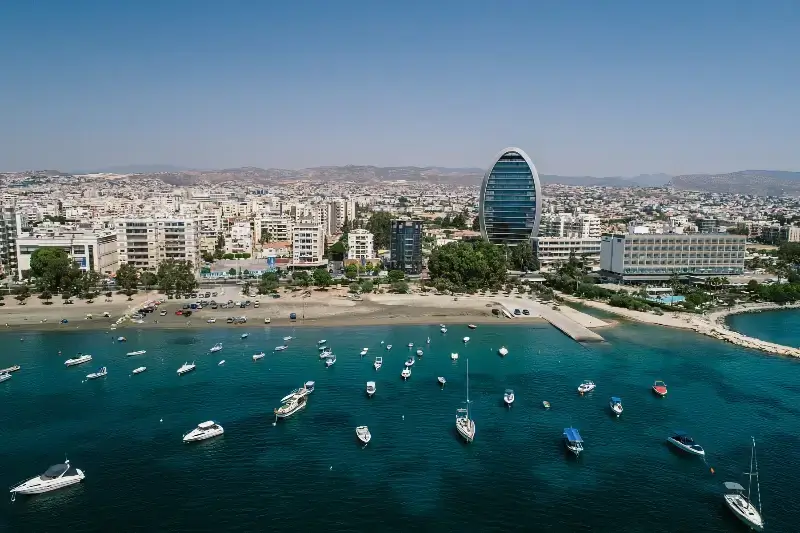Germany Rebuts Accusations at U.N. Court Over Arms Sales to Israel
In a recent development at the International Court of Justice, Germany has firmly denied allegations that it is contributing to genocide in Gaza through its arms sales to Israel. This denial came in response to a lawsuit initiated by Nicaragua, which has accused Germany of violating international law by supplying military equipment to Israel amidst ongoing conflicts with Palestinian groups.
According to data from the Economy Ministry, Germany has exported military equipment and weapons worth 326.5 million euros ($353.70 million) to Israel in 2023. This support has continued even after the Oct. 7 attacks by Hamas militants and the subsequent Israeli offensive. Despite facing street protests and legal challenges, Germany maintains that its arms exports are in strict compliance with international law.
Tania von Uslar-Gleichen, a legal adviser for the German Foreign Ministry, addressed the court, arguing that Nicaragua’s case lacked substantial evidence and fell outside the court’s jurisdiction. She emphasized Germany’s commitment to upholding its responsibilities to both Israeli and Palestinian communities, noting that Germany is the largest individual donor of humanitarian aid to Palestinians.
Christian Tams, a lawyer representing Germany, highlighted that since Oct. 7, the majority of arms exports to Israel consisted of non-combat equipment such as vests, helmets, and binoculars. He pointed out that only a minimal portion of the exports included war weapons, most of which were unsuitable for combat scenarios.
Nicaragua’s legal team has urged the World Court to compel Germany to cease its arms sales to Israel and to reinstate funding for the U.N. Palestinian refugee agency UNRWA. They claim that Germany is breaching the 1948 Genocide Convention by continuing these sales despite the risk of genocide.
Israel defends its military actions as a necessary response to attacks from Hamas militants and rejects claims that it targets Palestinian civilians. The conflict has resulted in significant casualties on both sides, with Israeli figures citing 1,200 deaths due to Hamas attacks and over 33,000 Palestinians killed in the Gaza offensive.
The ICJ is expected to deliver provisional measures on Nicaragua’s case shortly, although a final verdict could take years. The court’s rulings are not enforceable, which often limits their impact on national policies. Earlier this year, in a separate case brought by South Africa, the ICJ deemed it plausible that Israel had violated certain rights under the genocide convention and called for actions to prevent potential acts of genocide.






